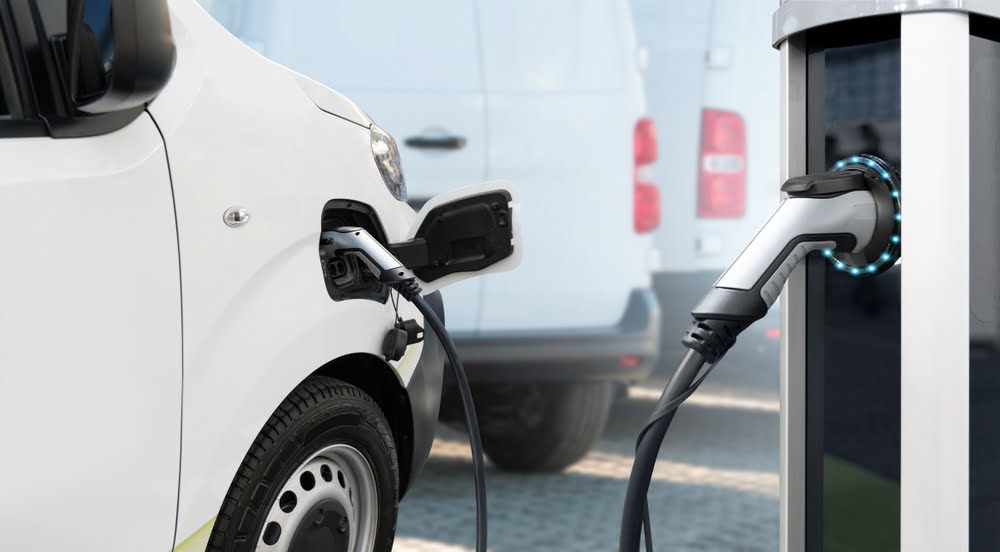Despite impending emission-free zones, the Dutch business community appears to be postponing the switch to electric vehicles until 2030, Joulz CEO Sytse Zuidema warns.
Zuidema notes that restraint and postponing investments in electric vehicles and associated charging infrastructure not only entail financial risks, but also operational ones. In addition to the possible advantage that early adapters have due to their head start, postponement will also lead to increasing pressure on the already fragile electricity networks. Companies that decide to switch at the last minute risk ending up in a bottleneck where the network simply cannot meet their energy demand. This can result in higher costs and delays for these latecomers.
The impending introduction of emission-free zones in various Dutch municipalities from 2025 has not yet had the desired effect on accelerating the transition to electric driving within the business community. This is the conclusion of the Delft electricity infrastructure company Joulz in a recent market survey. It is interesting to discover that national legislation still allows companies to enter these zones with the latest generation of diesel and petrol cars until 2030. This makes it less urgent for many companies to electrify their fleet now.
Sytse Zuidema, CEO of Joulz, indicates that he expects a revival of diesel cars before 2025, partly due to the expiration of the purchase tax exemption for entrepreneurs in that year. According to him, many companies will only make a significant switch to electric vehicles in the long term, taking advantage of the coming years to experiment with a smaller part of their fleet.

Joulz sees himself playing a role in accelerating this transition. In addition to offering charging solutions, the company focuses on advising its customers on the best ways to switch to a sustainable fleet.
In addition, while the Dutch government and various municipalities encourage emission-free zones, the policy has so far been inconsistent when it comes to encouraging electric driving within the business community. After all, current policy allows companies to enter these zones with diesel and petrol cars until 2030, which means there is no urgency to act now. This could potentially mean that, despite good intentions, the environmental objectives of both government and business are jeopardized.
grid congestion problem
This grid congestion problem is already a reality. Many new and existing companies and industrial estates in the Netherlands can no longer count on an adequate electricity connection. Waiting before switching to electric transport will worsen this situation, Zuidema warns. Moreover, it is quite a challenge to electrify the Dutch commercial vehicle fleet. A total switchover by 2050 requires 17 terawatt hours of electricity, comparable to the annual electricity consumption of 6,8 million households. The current, overloaded grid cannot handle this demand.
Local energy generation will therefore play an important role. In this context, Joulz offers companies charging stations in combination with local solar energy generation, batteries and smart software to optimize energy distribution. Joulz, which specializes in sustainable energy infrastructures and services, has approximately 20.000 customers in Dutch small and medium-sized businesses and large companies. Sytse Zuidema has been at the helm of the company since April 2023. The company is a former part of grid operator Stedin and plays a key role in the energy transition by focusing on balancing the production and consumption of sustainable electricity.



